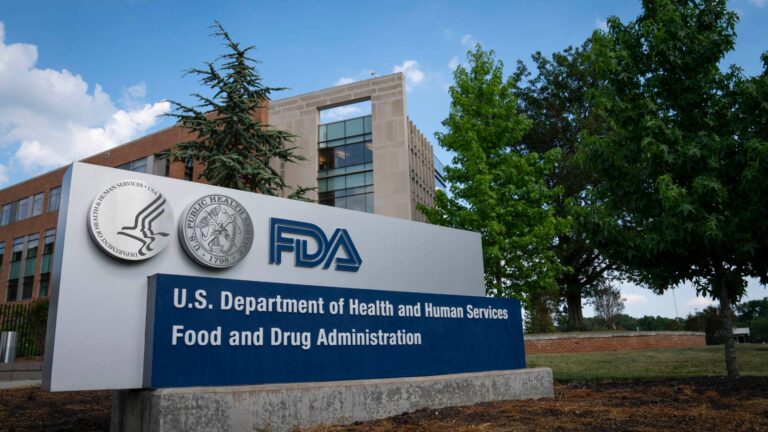May 21, 2018 – Since the Trump administration presented its proposal to lower drug pricing on May 11, both the trade and mainstream media have been discussing whether one provision – a request that the Department of Health & Human Services evaluate the inclusion of drug prices in consumer ads – really has legs.
In a commentary posted on the Coalition for Healthcare Communication by CHC Executive Director John Kamp last week, he stated that “although talk of such disclosures likely will flood the trade and consumer coverage of drug price controversy for some time, the day when it will actually happen may take months, maybe years, or even decades to come. Indeed, maybe not ever.” For Kamp’s full commentary, go to: https://bit.ly/2KG7JPs
Kamp cited the following reasons for his argument:
- Because list prices are “paid by nearly no one,” they would be misleading to consumers;
- Compelling price disclosures in ads is “unlikely to be found consistent with the First Amendment”; and
- It’s not clear that the FDA has the “power to demand list prices in ads.”
In the May 16 issue of Medical Marketing and Media, Kamp is quoted as saying that although price disclosure in consumer ads is “an interesting idea,” it is “fraught with peril.” In that same article, APCO Worldwide President of Healthcare Wayne Pines concurs with Kamp that listing drug prices might be misleading to the public.
“The prices for many drugs will look exorbitant, and I think there will be concerns from that standpoint,” Pines told MM&M. “The pricing system in this country is complex.” To read the MM&M article, go to: https://bit.ly/2IyqyHH
In a May 20 article in The New York Times, Robert Pear wrote that although drug price ad disclosures “seemed like an idle threat at first,” three days later HHS Secretary Alex Azar said that the FDA and the Centers for Medicare & Medicaid Services “were examining not whether but ‘how to require drug companies to post their list prices in direct-to-consumer advertising.’”
David C. Vladeck, a law professor at Georgetown University, asserts in the article that the government “’has broad leeway to require disclosure of factual information that would be material to consumers,’” and that such disclosure would be constitutional. But Kamp, also quoted in the article, reiterated that these price disclosures, “’as a form of compelled speech, could violate the First Amendment.’”
The article also states that including prices in ads could have the opposite effect desired by the government, in that consumers who have multiple drug treatment options might assume that the more expensive drug is the better drug. Further, other experts stated that listing drug prices could confuse consumers and one doctor quoted in the piece contended that high-cost drugs may be highly beneficial. For the full article, go to: https://nyti.ms/2GBAuuj
Democratic Sens. Dick Durbin, Kirsten Gillibrand, Margaret Wood Hansen, Sherrod Brown and Angus King Jr. are pushing forward on price transparency measures they presented in a bill (S. 2157 — https://bit.ly/2LkSrB2) in 2017: “Drug Price Transparency in Communications Act.” On May 18, these Senators sent letters to major pharmaceutical executives, urging them to “immediately and voluntarily commit to transparency” and disclose dug prices in DTC ads.




